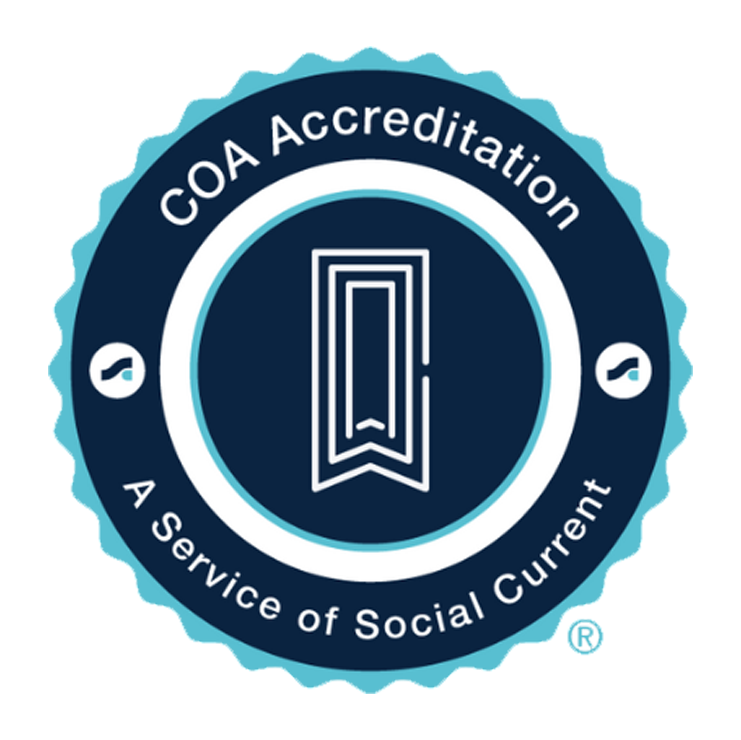For expectant mothers in Ohio considering adoption, maintaining optimal prenatal care is a crucial aspect of ensuring the best possible start for your baby. The adoption process involves many emotional and logistical considerations, but the health and well-being of both you and your baby remain paramount. This article provides guidance on navigating prenatal care during the adoption process, highlighting the importance of medical, emotional, and support services to foster a healthy pregnancy.
Prioritize Regular Prenatal Check-Ups
Regular check-ups with a healthcare provider are essential for monitoring the health of your baby and yourself. These appointments can help identify any potential health issues early on and provide a roadmap for a healthy pregnancy. If you're working with an adoption agency, they may be able to assist in coordinating these appointments and ensuring you have access to quality prenatal care.
Maintain a Healthy Lifestyle
A healthy lifestyle is vital during pregnancy. This includes a balanced diet, moderate exercise as recommended by your healthcare provider, and avoiding harmful substances like tobacco, alcohol, and drugs. Proper nutrition supports fetal development, while staying active can help manage stress and improve your overall well-being.
Access Nutritional Support
Proper nutrition plays a critical role in supporting a healthy pregnancy. Ohio offers various programs, such as the Women, Infants, and Children (WIC) program, that provide nutritional support to pregnant women. These resources can help ensure you and your baby receive essential vitamins and minerals during pregnancy.
Manage Stress and Emotional Well-being
The adoption process can be emotionally challenging. Seeking support from counselors, support groups, or trusted friends and family can provide emotional stability and stress relief. Many adoption agencies offer counseling services to expectant mothers, recognizing the importance of emotional well-being during pregnancy.
Understand Your Healthcare Rights
In Ohio, expectant mothers have specific healthcare rights, including the right to confidential medical care and the right to make informed decisions about their prenatal care and birth plan. Familiarizing yourself with these rights can empower you to advocate for yourself and your baby throughout the pregnancy and adoption process.
Develop a Birth Plan
A birth plan outlines your preferences for labor and delivery, including pain management, birthing positions, and who you want present during the birth. When considering adoption, your birth plan might also include details about the adoptive family's involvement and how you wish to spend time with your baby after birth. Discussing your birth plan with your healthcare provider and adoption counselor can help ensure your wishes are respected.
Communicate with the Adoptive Family
If you're in an open or semi-open adoption, communicating with the adoptive family about the pregnancy and your prenatal care can be beneficial. This might include sharing updates, discussing the birth plan, and establishing expectations for their involvement. Clear communication can help build a positive relationship and provide additional support during your pregnancy.
Conclusion
Navigating prenatal care during the adoption process is about more than just attending medical appointments; it's about caring for your emotional and physical well-being, understanding your rights, and making informed decisions for yourself and your baby. By prioritizing your health and seeking supportive resources, you can ensure the best possible outcome for you and your child.
Remember, you are not alone in this journey. Healthcare providers, adoption agencies, and support groups in Ohio are available to assist you every step of the way, offering the care and support you need to navigate this unique and important time in your life.
Prenatal Care During the Adoption Process: Ensuring the Best for Your Baby
Recent Posts



















